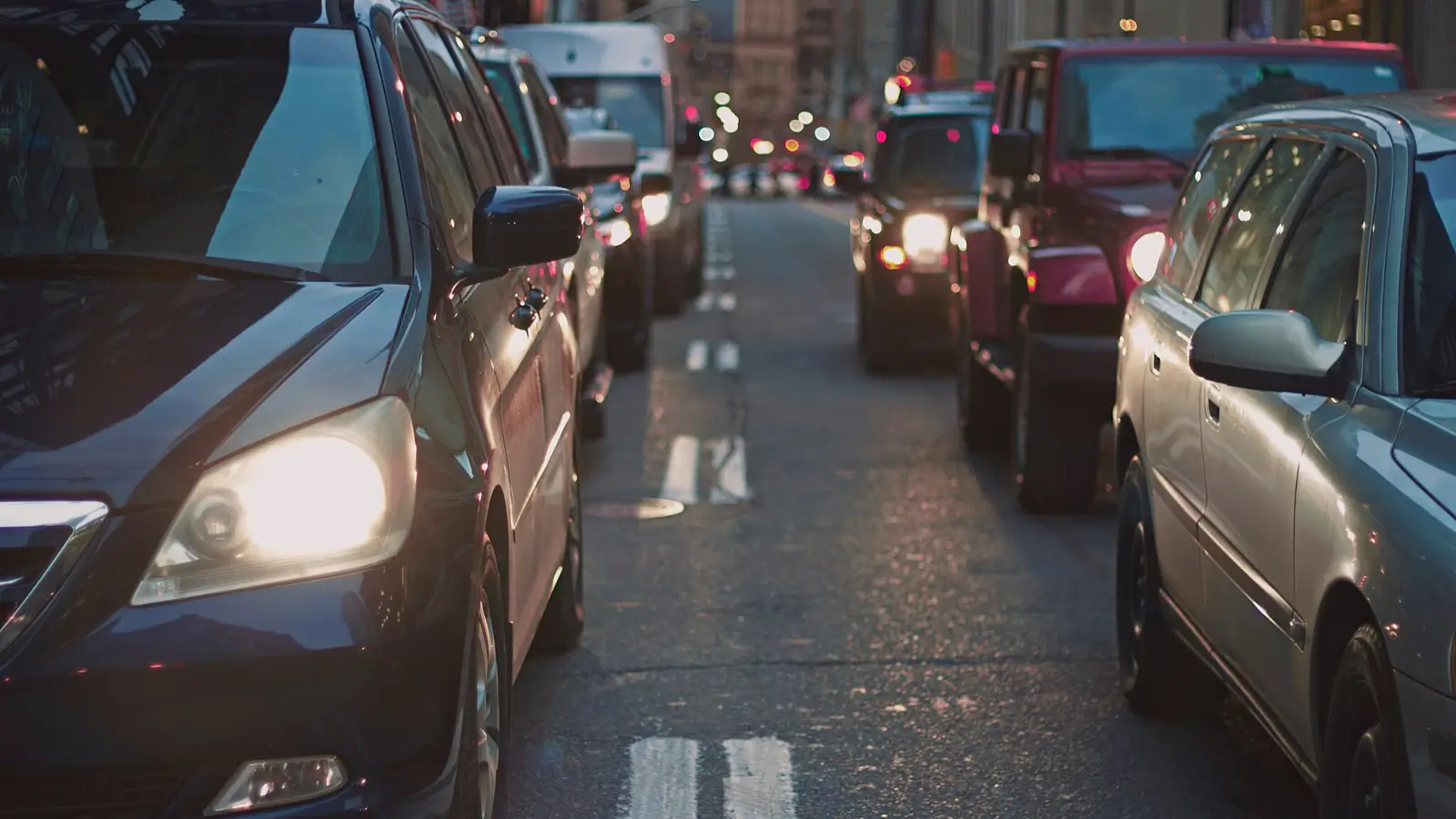How Bright Headlights Are Making Night Driving Unsafe for Many

A recent RAC study finds that 1 in 4 UK drivers avoid night-time driving due to blinding headlights. Learn why the problem persists and what solutions might help.
Overly bright headlights have become a major road hazard, forcing many drivers to reconsider their nighttime journeys. A recent RAC study found that one in four motorists in the UK now actively avoids driving after dark due to the glare from oncoming headlights. Older drivers are particularly affected, with more than 65% of those aged 65 and above reporting that bright lights make night driving uncomfortable.
What’s behind the problem? Modern headlight technologies, including LED and laser lights, offer better visibility for drivers but also create significant discomfort for others on the road. When combined with misaligned headlight angles and the growing number of high-riding vehicles like SUVs, the issue becomes even more pronounced.
This is far from a new concern. As early as 1917, authorities in California introduced regulations to control the height of headlight beams, aiming to reduce glare. Yet, over a century later, the problem persists. In 2001, the U.S. National Highway Traffic Safety Administration (NHTSA) reported that 30% of drivers found headlight brightness to be "disturbing." Today, that figure is likely even higher.
Experts recommend that drivers manually check and adjust their headlights to minimize glare for others. A simple method involves parking the vehicle about 25 feet (7.6 meters) from a wall, marking the headlight's center height, and ensuring the beam does not exceed that level.
This issue isn’t exclusive to the UK—many countries are seeking solutions. Several European nations have introduced stricter headlight adjustment regulations, while some vehicles now feature adaptive lighting systems that automatically adjust beam intensity based on driving conditions.
The UK government has already launched a research project, with findings expected by summer 2025. Will this long-standing issue remain unresolved for yet another century, or will new technologies and regulations finally make nighttime driving safer? The answer should become clearer in the coming years.
Allen Garwin
2025, Feb 17 12:10


